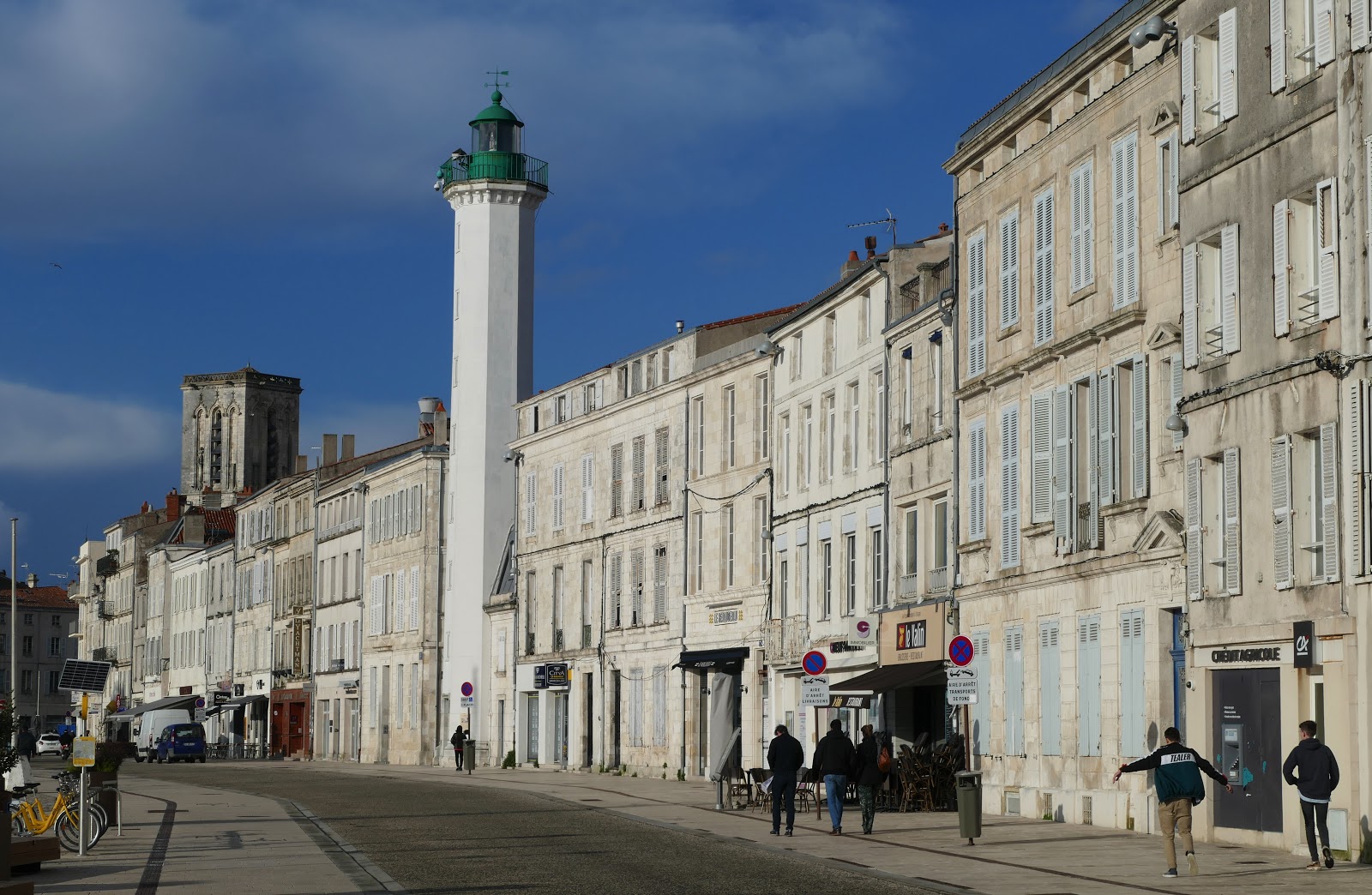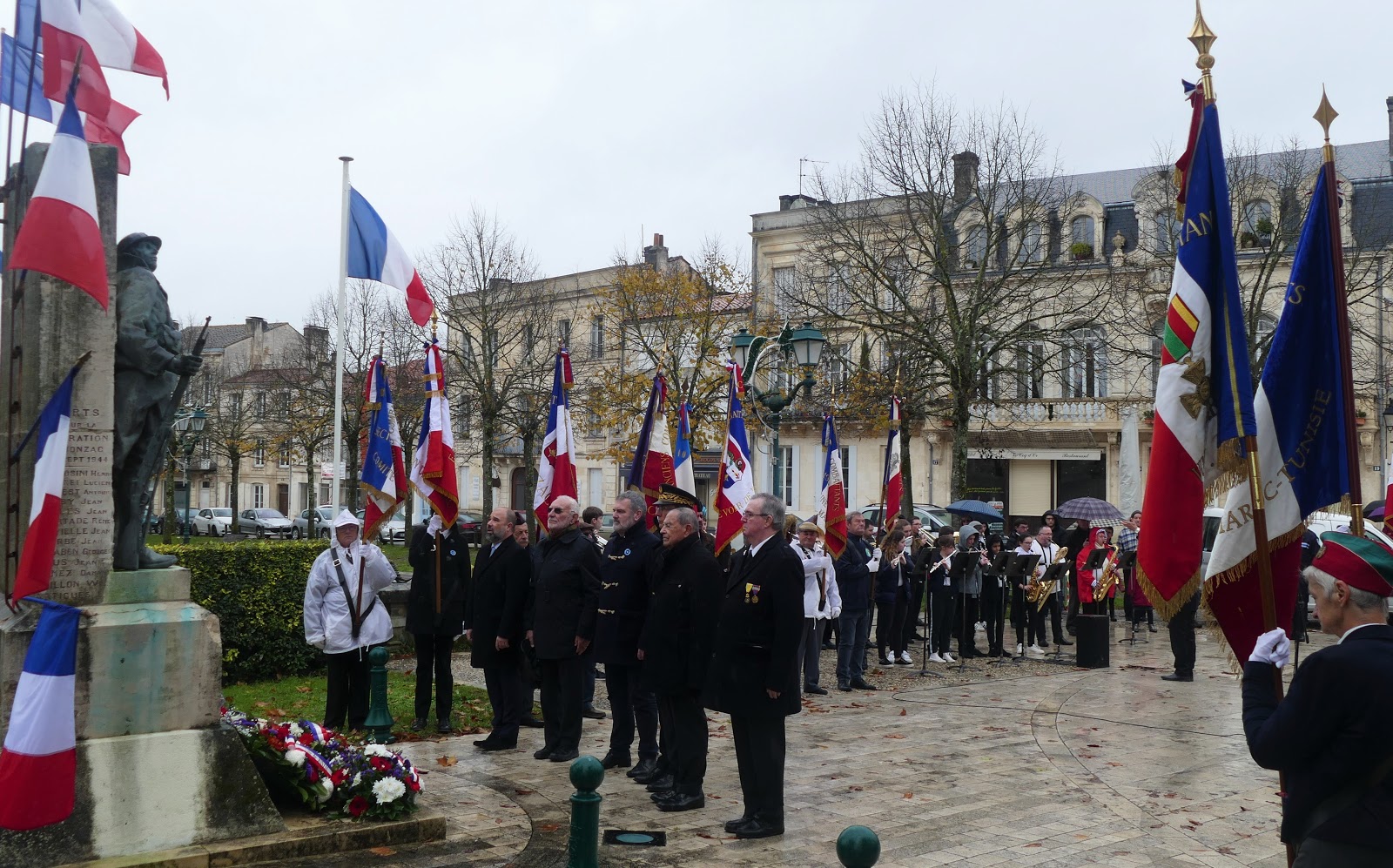A wise person once shared that we travel not to
escape life but for life not to escape us. For us this statement is s
truism.
Local insights greatly enhance the travel
experience because we all have limited time to mooch around. This past
week the value of local knowledge was again reinforced.
Our friends recommended that we visit La Rochelle,
the capital of Charente Maritime Department. We hadn't previously planned to
visit this beautiful, white stone Atlantic coast city with its enormous
harbour and marina but in hindsight it would have been a sad loss, not to have
done so.
Over the next few days we visited a number of
destinations that without local knowledge we wouldn't have known existed. La
Tremblade's brightly coloured oyster cabins and ponds each producing wonderful
oysters in the estuary. They are surrounded by rectangular oyster ponds
The artist and estuary oyster producing village of
Mornac sur Seudre has been classified as a beaux village. It is some 12km inland from
the village of La Tremblade. It was in this village we saw a model of the
earliest lighthouses which consisted of a fire in an aerial box.
At Saint Palais sur Mer where the Gironde River
(tributaries flow through Bordeaux and the Dordogne) meets the Atlantic, there
are French Atlantic fishing huts, a beautiful beach and a sea view of enormous
waves breaking over the rocky coast.
We visited a local goose farm with 1,200 twelve
day old chicks and as many adult geese being fattened for Christmas. They also
produced foie gras and other goose related products. At the farm we met a local
prune producer and another who has a truffle farm. The truffle farmer uses
labradors to hunt out the truffles. None of these experiences would have
occurred without our friends local knowledge.
Over the weekend we were introduced to a cave owner
(cellar-master) who generously gave us tastings of local wine that we'd not
previously tasted.
We visited our friend's father’s cognac and pineau
distillery as well as the local producers centre. At the distillery we were
given a private tour and tasting.
Jonzac, is a small town of 3500 people. In Roman times it had hot springs. Recently the
city decided to harness this resource and now have a world class heated
swimming pool, gym, spa leisure aquatic centre and the thermal waters also heat
civic buildings.
We toured the village with its beautiful castle,
laneways, market place, and aquatic centre.
Having visited the Normandy D Day beaches and the
Western Front we were sufficiently moved to attend the 11 Nov. Remembrance Day
ceremony. We were told that Jonzac was the main German
armaments depot for much of the French Atlantic coast during WWII. It was
liberated by the French resistance, an action that had a high cost of local
lives.
Our long weekend was greatly enriched through the
insights of our friends.








Comments
Post a Comment